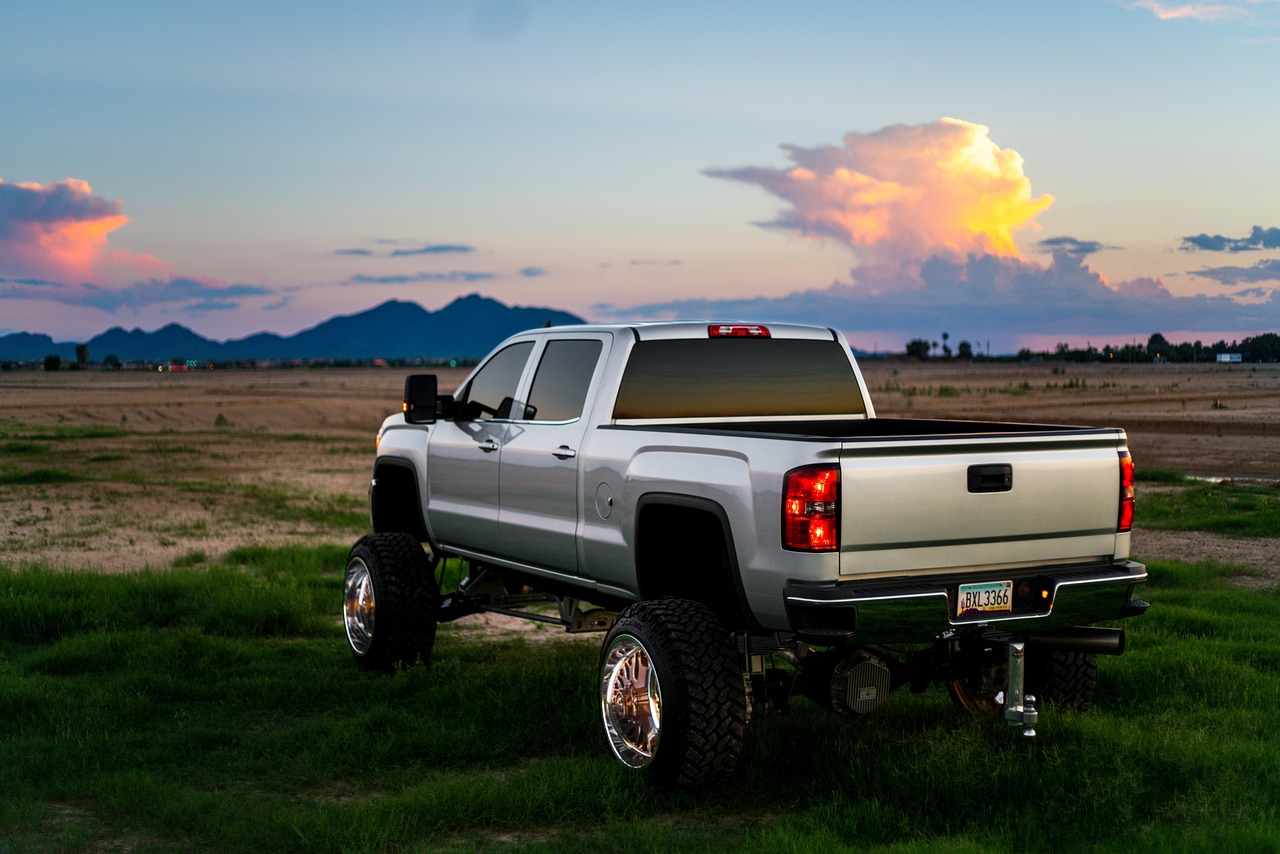The roar of a powerful engine, the commanding view from a high-set cabin, the sheer presence on the road – there’s an undeniable allure to big trucks. For some, they’re simply a tool, a means to an end for hauling and hard work. But for many more, big trucks represent something deeper: a sense of freedom, capability, and a rugged individualism that resonates in our modern world. And despite changing automotive landscapes, their grip on our fascination isn’t loosening anytime soon.
So, what is it about these titans of the tarmac and trail that makes them so much more than just oversized vehicles?
One of the most straightforward reasons for their enduring presence is sheer utility. In a world that still relies heavily on physical goods and demanding tasks, big trucks are the undisputed champions. From construction sites to farms, from hauling boats for a weekend getaway to moving families across the country, their towing capacity, payload space, and robust build make them indispensable. They are the workhorses that keep industries moving and enable lifestyles that smaller vehicles simply can’t support. This practical necessity alone ensures they will always have a place.
But the love for big trucks goes far beyond just what they can do. It’s about what they represent. There’s an innate sense of security and command that comes with piloting a large truck. Sitting above the flow of traffic provides a unique perspective and a feeling of control. In a world that can often feel chaotic, the solid, powerful nature of a truck can be reassuring.
Furthermore, big trucks tap into a powerful cultural symbolism. They often embody a spirit of adventure and self-reliance. Think of the classic image of a truck conquering a rugged mountain pass or confidently navigating a muddy backroad – it speaks to a desire for freedom and the ability to go anywhere, do anything. This connection to independence is a potent one, especially in cultures that value personal liberty and the call of the open road. It’s that “maniacal” driving, that sense of unbound freedom you mentioned, captured in metal and horsepower.
And let’s not forget the community and identity associated with truck ownership. Truck enthusiasts form passionate groups, customizing their vehicles, attending meet-ups, and sharing a common appreciation for these machines. For many, their truck is an extension of their personality, a statement of who they are and what they value.
The idea that big trucks are “not going anywhere” isn’t just wishful thinking from enthusiasts; it’s rooted in these deep-seated practical and emotional appeals. While conversations around fuel efficiency and environmental impact are valid and ongoing, the core needs and desires that trucks fulfill remain. Manufacturers continue to innovate, making trucks more efficient and technologically advanced, but their fundamental essence – power, capability, and that intangible sense of freedom – endures.
In conclusion, big trucks matter because they are more than just vehicles. They are vital tools, symbols of independence, and a source of immense pride and enjoyment for millions. They connect us to a sense of capability and the allure of the untamed. So, the next time you see a big truck thundering down the highway or parked proudly in a driveway, remember – you’re looking at a legacy that’s built to last, an icon that’s not just driving, but thriving.

